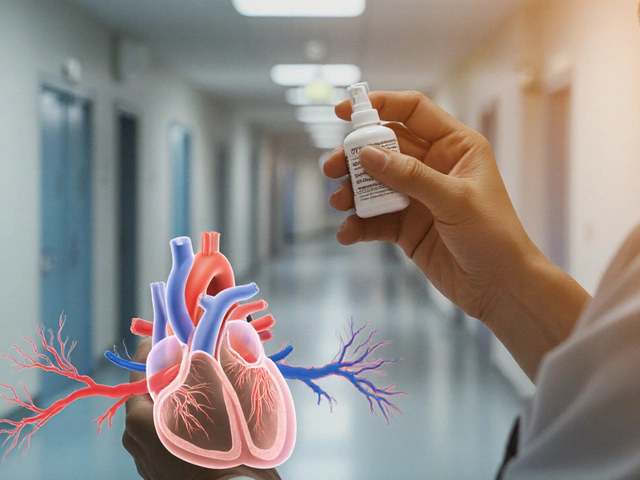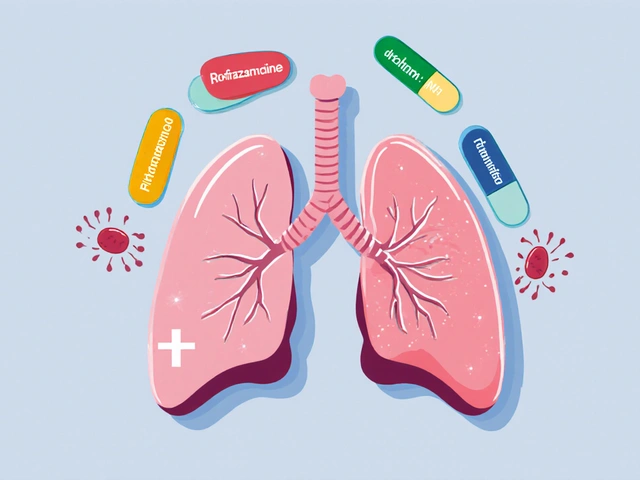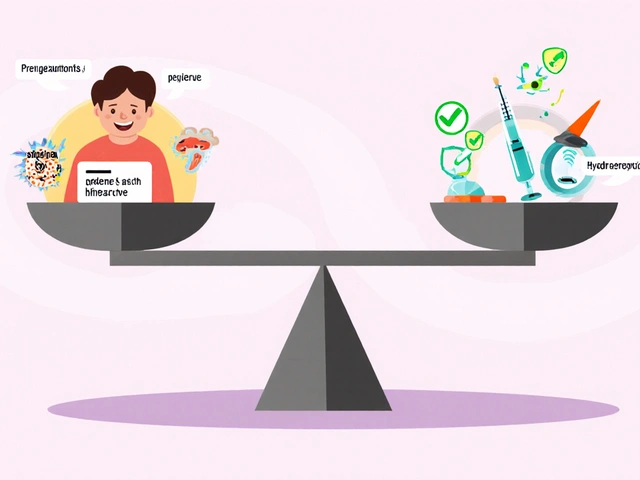Mental Health Resources & Guides
Feeling overwhelmed, anxious, or down? You’re not alone, and there are clear steps you can take right now to feel better. This page gathers the most useful mental health articles on RX2World, so you can find reliable info on conditions, coping tools, and medication basics without hunting through the whole site.
Quick Wins for Everyday Stress
First, tackle the stress that builds up during the day. Try a simple breathing exercise: inhale for four seconds, hold for four, exhale for four, and repeat three times. Pair that with a short walk or a few minutes of stretching and you’ll notice a drop in tension. Even a quick journal entry about what’s bothering you can give your brain a chance to organize thoughts, making worries feel less chaotic.
Understanding Common Mental Health Conditions
Depression and anxiety are the two most talked‑about conditions, and both have clear signs you can spot. Depression often shows up as persistent low mood, loss of interest in activities you used to enjoy, and changes in sleep or appetite. Anxiety typically manifests as excessive worrying, rapid heartbeats, and a sense of dread that doesn’t match the situation. Recognizing these patterns early helps you seek the right help—whether it’s a therapist, a support group, or a medication review.
RX2World also offers guides on medication safety. If a doctor prescribes an antidepressant or anti‑anxiety drug, read the article that explains typical dosages, common side effects, and what to do if you miss a dose. Knowing the basics prevents surprises and lets you have a confident conversation with your pharmacist.
Beyond pills, lifestyle tweaks play a huge role. Regular exercise boosts endorphins, which act as natural mood lifters. Aim for at least 30 minutes of moderate activity most days—walking, cycling, or even dancing in your living room works. Nutrition matters too; foods rich in omega‑3 fatty acids, like salmon or walnuts, support brain health.
If you’re looking for deeper support, check out our articles on therapy options. Cognitive‑behavioral therapy (CBT) focuses on changing negative thought patterns, while mindfulness‑based approaches teach you to stay present and reduce rumination. Both have solid evidence and can be combined with medication for best results.
Finally, remember that mental health isn’t static. Your needs may shift with life changes, stress levels, or new medical conditions. Use the tag page as a living toolbox—bookmark the guides that speak to you, revisit them when symptoms flare, and stay proactive about your well‑being.
Got a specific question? Use the site’s search to find articles on topics like "how to talk to a doctor about anxiety" or "what to expect when starting an antidepressant". The right info can empower you to make smarter choices and feel more in control.
Take the first step today: read a guide, try a breathing exercise, and reach out for professional help if you need it. Your mental health matters, and RX2World is here to help you navigate it with clear, trustworthy information.
Hi there! I'm a health enthusiast who's keen on understanding different medications, and today I'm diving into a comparative analysis of Bupropion and other antidepressants. I'll be discussing the pros and cons, the side effects, and the effectiveness of each type of medication. Remember, it's all about finding the right treatment for you. Let's start this journey to explore and better understand our mental health.
Categories
Archives
Recent-posts
Compare Prednisolone with Alternatives: What Works Best for Inflammation and Autoimmune Conditions
Oct, 29 2025



 Medications
Medications




